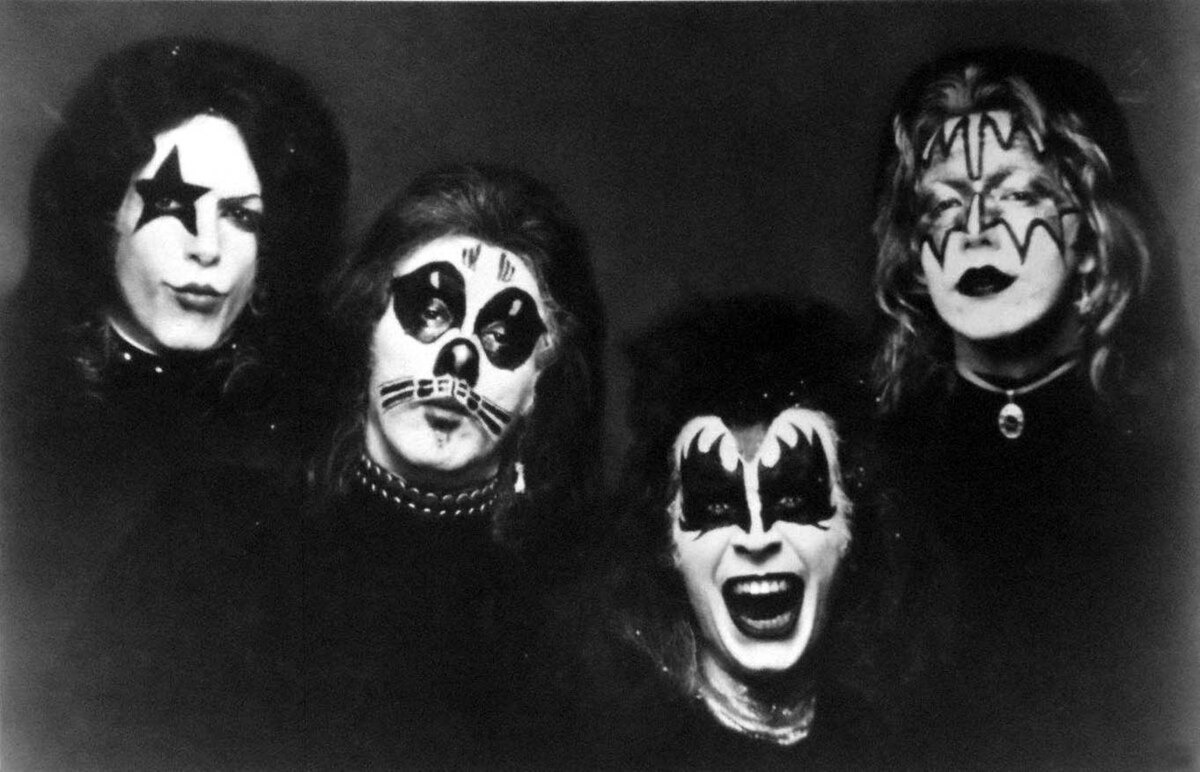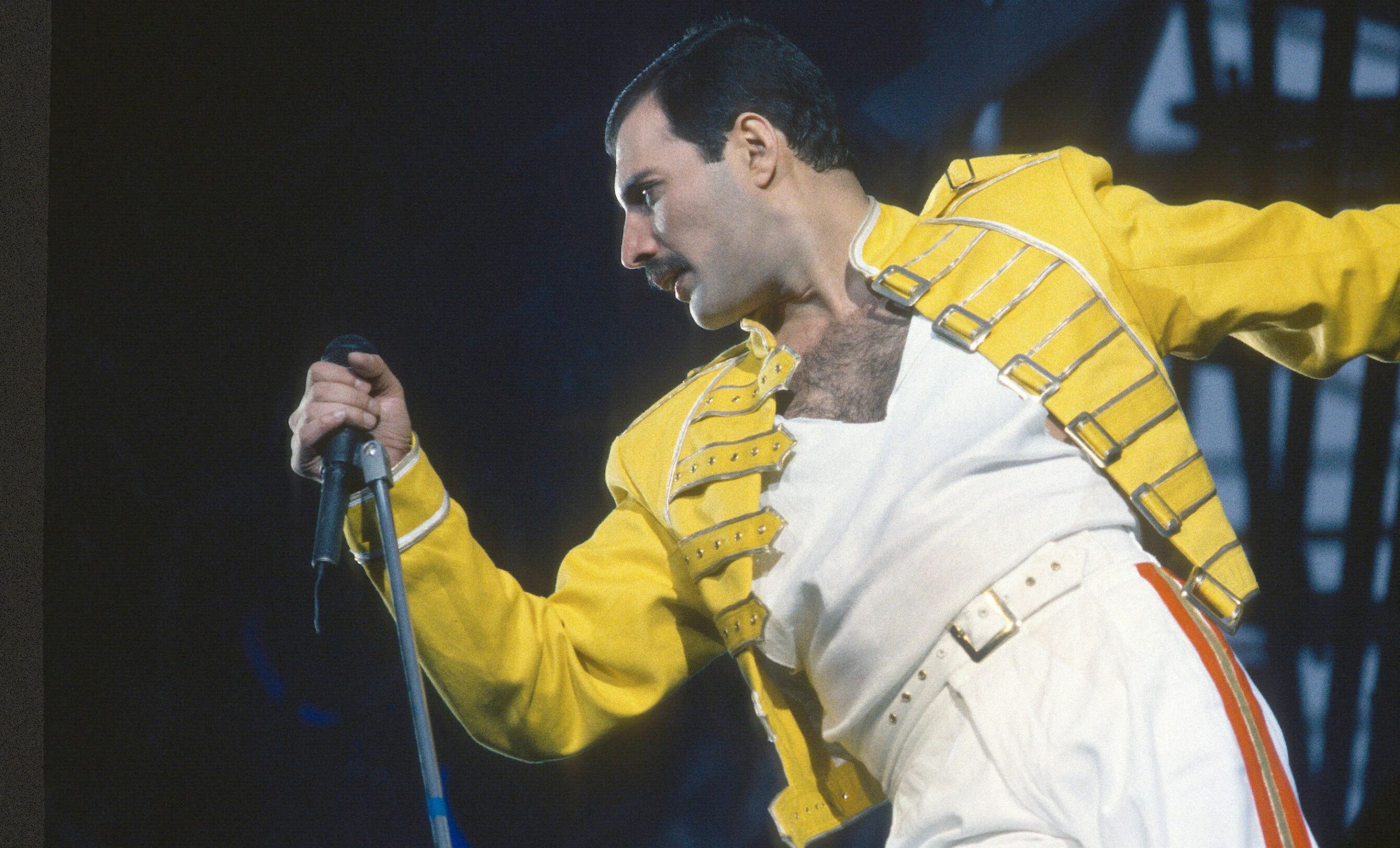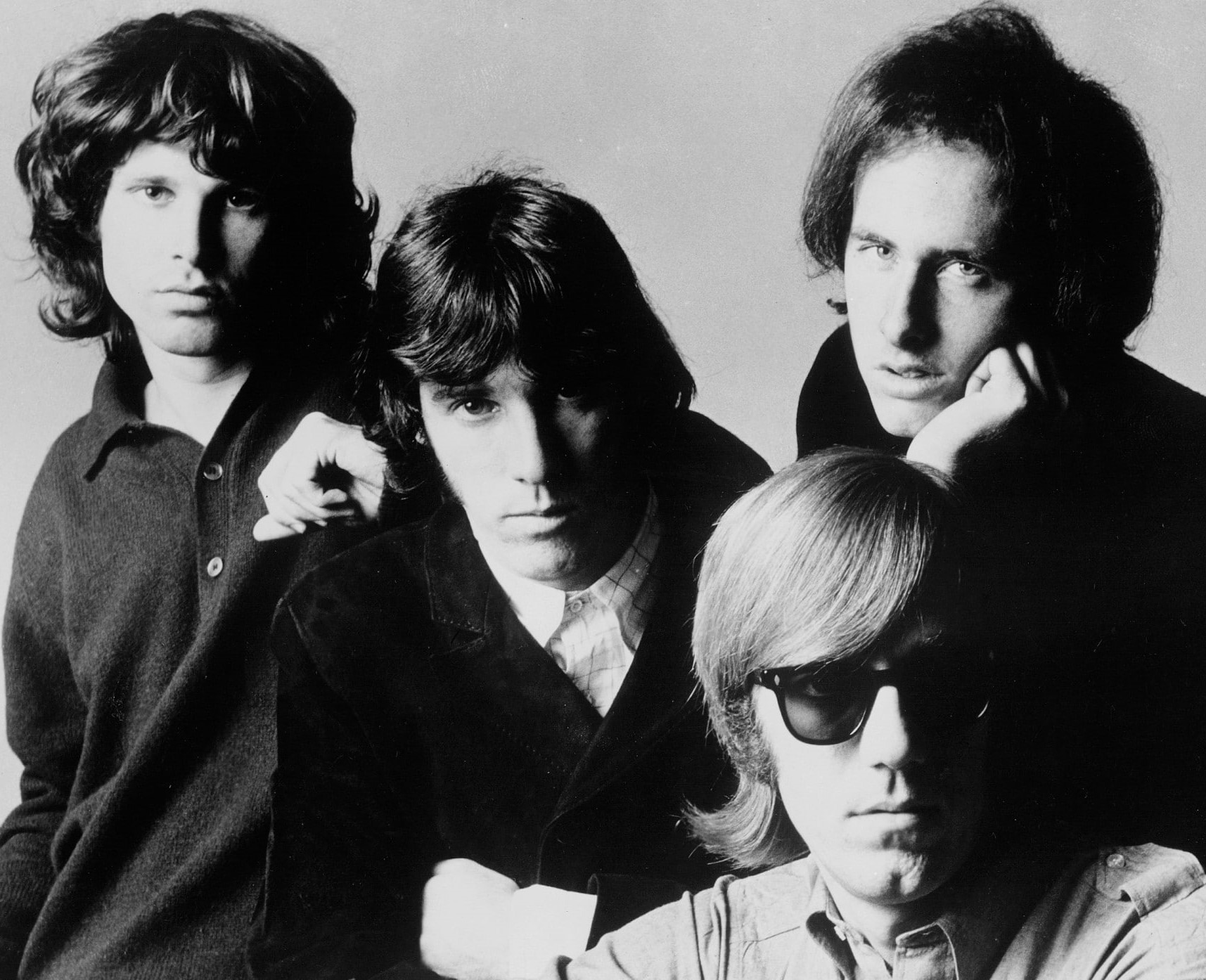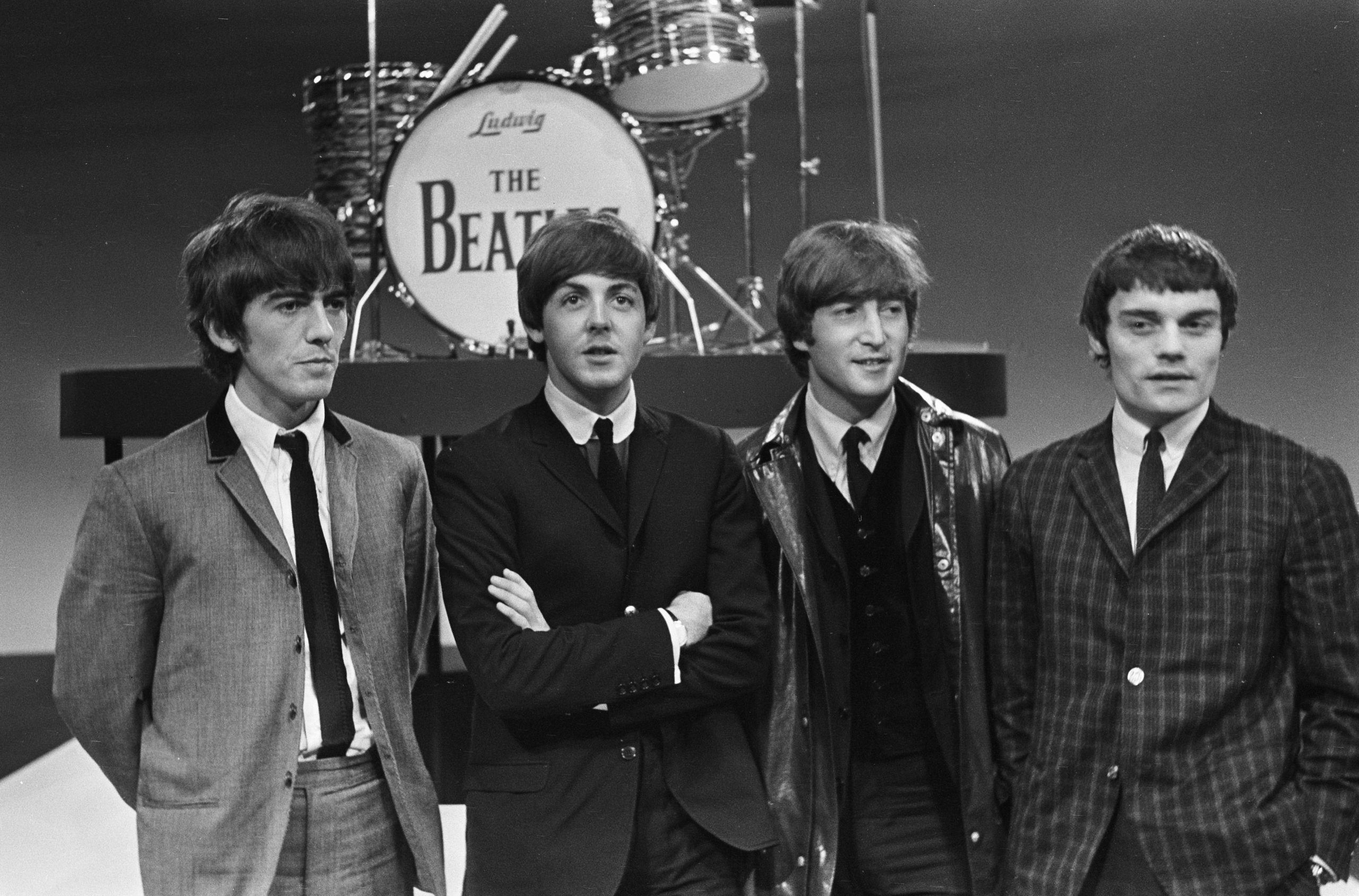The smoke has cleared on one of rock’s most explosive chapters. Ace Frehley, Kiss’s founding lead guitarist and architect of the “Spaceman” persona, died October 16 at age 74 following complications from a brain bleed caused by a fall. His passing marks the end of an era when guitar solos came with actual fireworks and rock stars wore makeup without irony.
The Spaceman’s Earthly Impact
Frehley transformed Kiss from bar band to arena spectacle through theatrical innovation.
Joining Kiss in 1972, Frehley didn’t just play guitar—he redesigned what rock performance could be. His pyrotechnic instruments literally set stages ablaze while his atmospheric solos on tracks like “Shock Me” proved you could be both technically skilled and theatrically outrageous. The man who helped design Kiss’s iconic logo understood that rock needed visual impact to match sonic power.
He created a template every arena act since has borrowed from.
Solo Success Beyond the Makeup
His 1978 solo album outsold his bandmates’ efforts and proved lasting creative independence.
When Kiss members each released solo albums in 1978, Frehley’s won decisively. “New York Groove” became his signature, a swaggering anthem that showcased his melodic sensibilities beyond Kiss’s bombast.
Even after leaving the band in 1982, he sustained relevance through Frehley’s Comet and multiple comebacks. He released six solo albums including this year’s 10,000 Volts. His 2014 Rock and Roll Hall of Fame induction with Kiss cemented his influence on generations of guitarists who learned that showmanship and substance weren’t mutually exclusive.
Complex Legacy in a Fractured Band
Despite reunion success, Frehley’s relationship with Kiss remained complicated until the end.
His family’s statement described devastating heartbreak over losing someone with a “loving nature” who remained surrounded by loved ones. Yet Frehley’s relationship with Paul Stanley and Gene Simmons stayed notably fractious. He didn’t perform at Kiss’s final 2023 show despite expressing interest in joining their farewell tour.
Like many foundational artists, his greatest contributions came with personal costs that complicated his legacy.
Think of any rock guitarist using stage effects today, from Jack White’s color-coordinated gear to modern metal’s pyrotechnics. Frehley pioneered that integration of technology and performance, proving rock could be both visceral and visually stunning. His death closes the book on Kiss’s original lineup, but the template he created for guitar spectacle remains everywhere you look in contemporary rock.


























